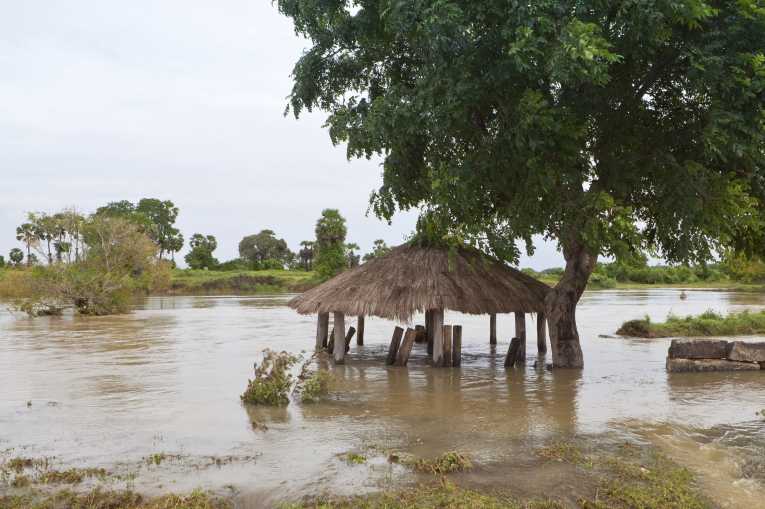People who live through extreme weather catastrophes are more concerned about climate change and are more willing to adopt greener habits to help tackle it, say environmental behaviour scientists.
Researchers at the Universities of Cardiff and Nottingham suggest that when individuals have experienced extreme weather events in their local area, such as flooding, they are more prepared to reduce how much energy they use in an effort to minimise climate change.
Britain has experienced a series of major flood events over the past decade and recent studies have linked rising greenhouse gases to an increased risk of flooding in England and Wales. Although no single weather event can be attributed to climate change, predictions suggest that extreme weather such as storms and floods are likely to become more frequent.
''We know that many people tend to see climate change as distant, affecting other people and places,'' says Alexa Spence, an environmental psychologist at the University of Nottingham.
''However, experiences of extreme weather events like flooding have the potential to change the way people view climate change, by making it more real and tangible, and ultimately resulting in greater intentions to act in sustainable ways.''
The research team asked 1,822 members of the British public what their personal experience of flooding were, what they thought about climate change, and if they were prepared to use less energy to help tackle it.
They found that people who had experienced floods had higher levels of concern about the impact of climate change, were less uncertain about whether it existed, thought their areas were more vulnerable to the consequences of global warming and were more prepared to reduce their energy levels.
In their paper, published in the journal Nature Climate Change, the researchers explain that local environmental changes could essentially provide ways of motivating people to take action on climate change.
''This important study provides the first solid evidence for something which has been suspected for some time – that people's local experience of climate related events such as flooding will promote higher awareness of the issue,'' says Nick Pidgeon, Professor at Cardiff's School of Psychology, who lead the study. ''As a result, it suggests new ways for engaging people with this most important and pressing of environmental issues.''










